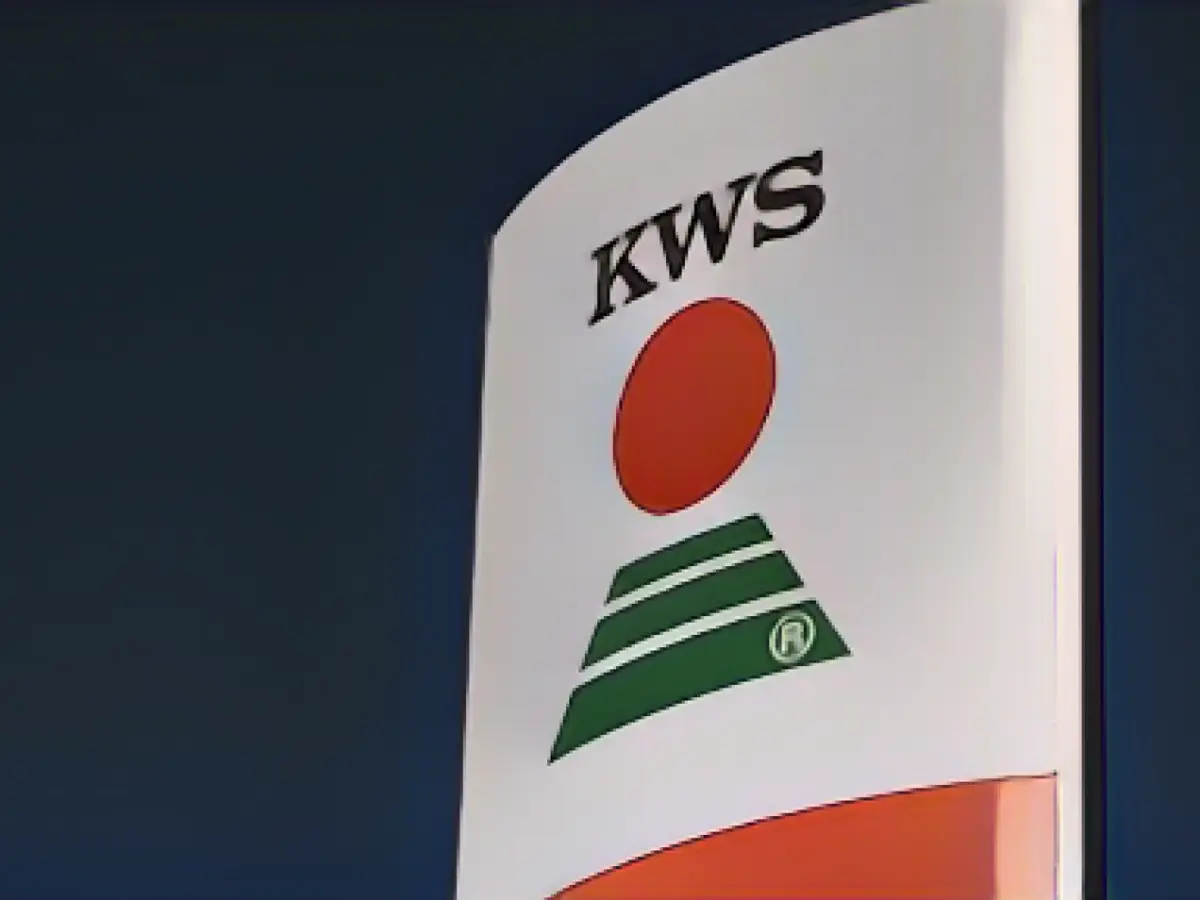Tui's Management Board is mulling over a potential move to return to the MDax by delisting from the London Stock Exchange during the upcoming Annual General Meeting in February. According to CFO Mathias Kiep, 75% of Tui shares are now traded in Germany, leading several investors to suggest a shift in the stock exchange listing.
The world's largest travel group initially listed on the London Stock Exchange following a merger with Tui Travel in 2015. However, a significant shift in share trading volume between London and Germany has occurred in recent years, with a higher volume now traded on the Frankfurt Stock Exchange in the MDAX index.
A return to Germany could bring several benefits for Tui, including reduced costs, compliance with EU requirements for airline ownership and control, and an improved equity profile. However, a 75% approval vote from shareholders would be required for the delisting in London to proceed.
While delisting from the London Stock Exchange and focusing on the MDAX could offer cost savings and strategic alignment benefits, it would also require careful consideration of market capitalization, regulatory compliance, investor communication, and operational adjustments. The decision should be made after thorough analysis and consultation with stakeholders.
Enrichment Insights:
Delisting from the London Stock Exchange (LSE) and returning to the MDAX index on the Frankfurt Stock Exchange could present both advantages and requirements for TUI. Here are some key points to consider:
Potential Advantages:
- Cost Savings: Listing fees and compliance costs associated with being listed on the LSE might be lower on the MDAX, potentially saving TUI money.
- Market Focus: TUI could focus more on the European market, where the MDAX is more relevant, potentially leading to better investor engagement and understanding of the company’s operations.
- Regulatory Environment: The regulatory environment in Germany might be more favorable or less stringent, allowing TUI to operate with less bureaucratic burden.
- Strategic Alignment: If TUI’s primary operations and customer base are more aligned with the European market, delisting from the LSE and focusing on the MDAX could be a strategic move to better serve its core business.
Requirements:
- Market Capitalization: TUI would need to meet the market capitalization requirements set by the MDAX, which typically involves having a significant market value and liquidity.
- Compliance with German Regulations: TUI would need to comply with German financial regulations and reporting standards, which might differ from those in the UK.
- Investor Communication: TUI would need to maintain strong communication with its investor base, ensuring that they understand the reasons behind the delisting and any implications it might have.
- Operational Adjustments: The company might need to adjust its operations to better align with the MDAX’s focus and requirements, potentially involving changes in corporate governance, financial reporting, and investor relations.
- Shareholder Approval: Any decision to delist would likely require shareholder approval, as it involves significant changes to the company’s listing status and potentially its financial structure.
Considerations:
- Investor Perception: The decision to delist could impact investor perception, potentially leading to a short-term market reaction. TUI would need to manage this perception effectively to maintain investor confidence.
- Global Presence: While focusing on the European market, TUI should also consider its global presence and how delisting from the LSE might affect its international investor base and operations.
In summary, delisting from the LSE and returning to the MDAX could offer cost savings and strategic alignment benefits, but it would require careful consideration of market capitalization, regulatory compliance, investor communication, and operational adjustments. The decision should be made after thorough analysis and consultation with stakeholders, including shareholders and investors.








